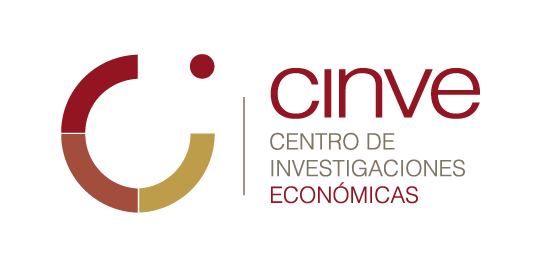Autores: Jeremias Lachman, Ezequiel Tacsir y Martín Pereyra
Publicado en: Journal of Agribusiness in Developing and Emerging Economies, ISSN: 2044-0839, Vol. 12 No. 4, pp. 604-619. https://doi.org/10.1108/JADEE-11-2021-0274
Abstract:
The purpose of this paper is to study the lemon and citrus clusters in Argentina and Uruguay, in which the central role of public-private coordination in ensuring successful participation in global value chains. International agrifood markets are increasingly segmented in terms of quality, plant health and safety standards, requiring the implementation of reliable traceability systems and certifications of good practices. These requirements call for the alignment of various actors – including private companies, plant health organizations, science and technology institutions – behind a common interest.
This study employed a series of case studies to answer the research question. Thus, the study conducted 30 in-depth semi-structured interviews with stakeholders from different public and private organizations (18 for the Argentinean case and 12 for Uruguay). This fieldwork took place between June and November 2020, where all interviews were recorded.
The clusters studied here exemplify how these challenges can be successfully met. In turn, these achievements not only represent new export opportunities, employment generation, attraction of foreign direct investment (or the opening of subsidiaries in other countries by one of the local companies) but also the possibility for small producers to benefit from a novel array of sectoral public goods and institutions that have the potential to contribute to their growth.
This study sheds light on how public–private cooperation spaces and the provision of public goods might boost fruit exports.
Keywords: Citrus, Quality, Public–private collaborations, Argentina, Uruguay
